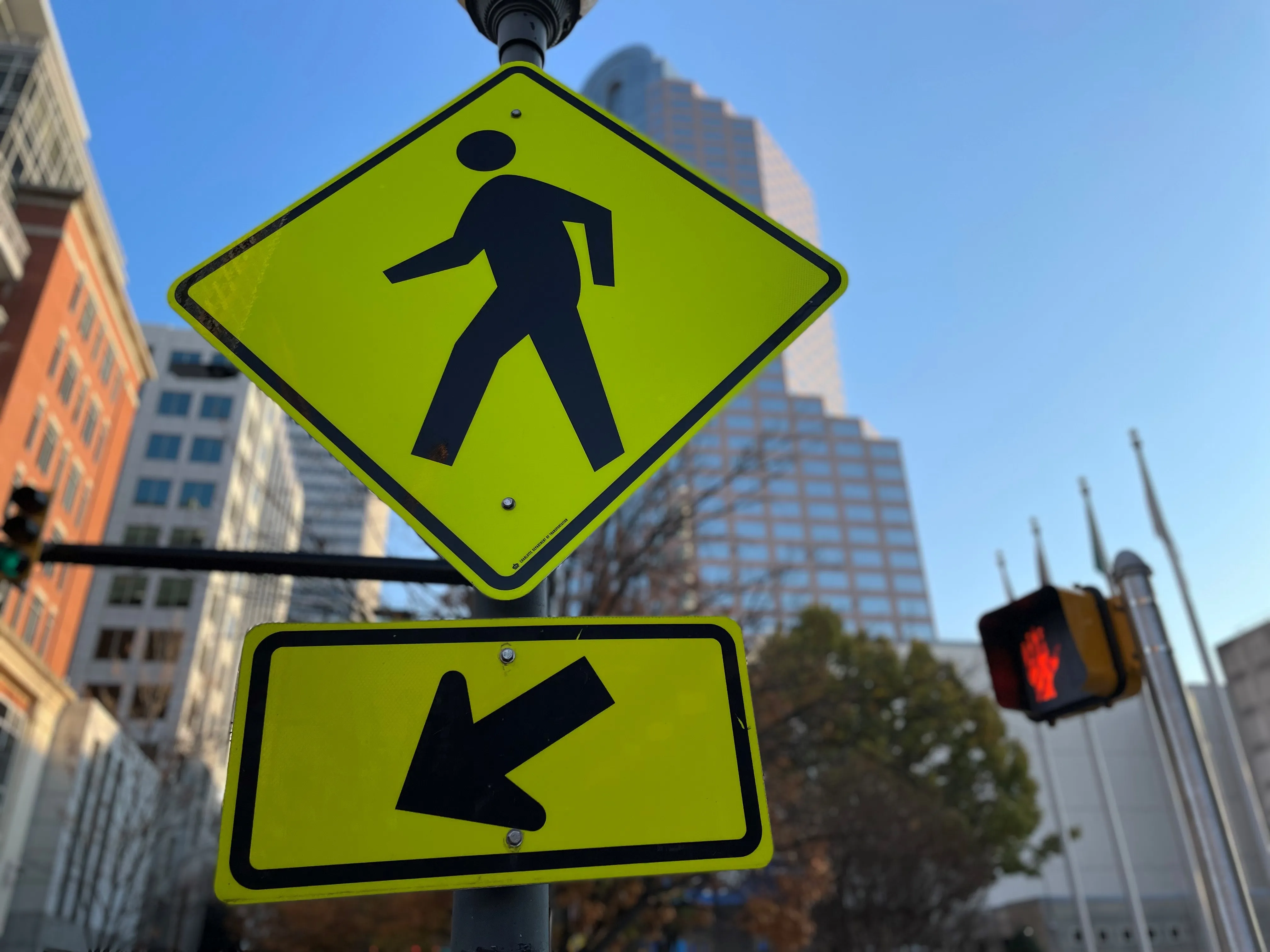Safety was a concern when it came to new technology. Over 50 per cent of respondents said they thought futuristic technology might provide a safety risk. This was of particular concern to drivers in both Belfast and Norwich – with 71 per cent of the respondents in those cities naming it as an issue for them.
The next most worrying factor for drivers was the potential for reliance on technology. Almost half said they thought the ease involved in using future van technology would make workers over-reliant on gadgets over their own skills.
Asked what technology would be the most useful for van drivers, only 1.5 per cent were interested in the ability to run apps in their vans, suggesting digital integration isn’t a priority, while other potential inventions such as automatic parking, active window displays and driverless functionality proved more popular.
While automatic parking was indisputably popular, respondents were more conflicted on driverless cars.
But although it made the top three most popular future technology options among van drivers, it was also in the top three for the technology that they felt would have the most negative impact on their business. One in ten said that future technology might be a problem and of them 58 per cent said that they thought it might make their own skills obsolete.
Overall, optimism towards technology is high, with 82 per cent of respondents being interested in at least one of the forms of technology on offer. Forty per cent felt that their efficiency would be increased by the advances and a further 41 per cent were interested in the improvements to their safety as a result of added resources.
Survey finds van drivers optimistic about new technology
A new survey from UK insurance website Gocompare.com Van Insurance asked van drivers what they think of the new technology that might affect their business. Safety was a concern when it came to new technology. Over 50 per cent of respondents said they thought futuristic technology might provide a safety risk. This was of particular concern to drivers in both Belfast and Norwich – with 71 per cent of the respondents in those cities naming it as an issue for them. The next most worrying factor for drivers was
April 20, 2017
Read time: 2 mins
A new survey from UK insurance website 5175 Gocompare.com Van Insurance asked van drivers what they think of the new technology that might affect their business.








